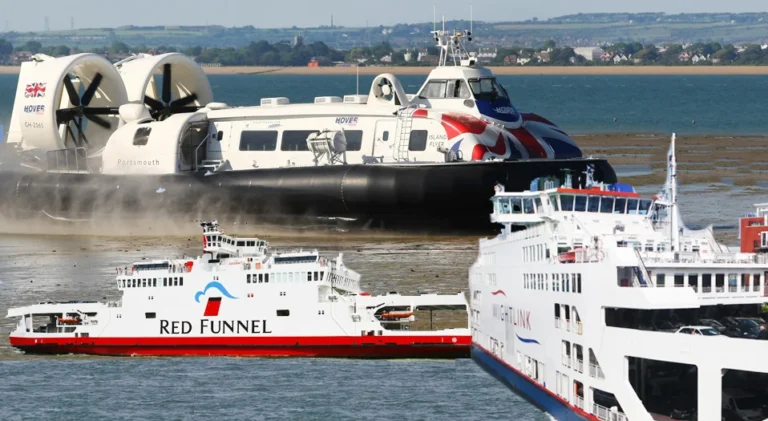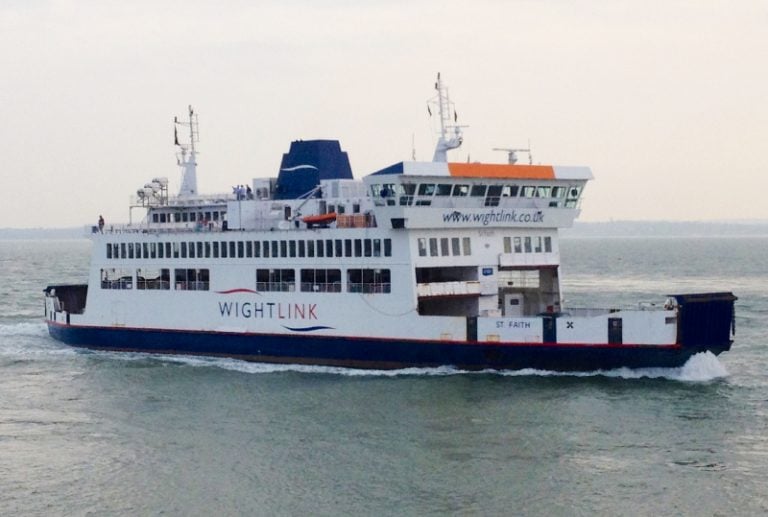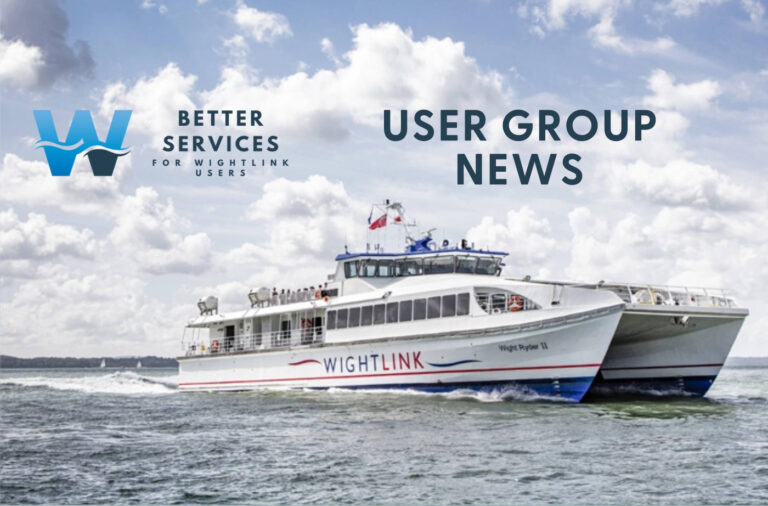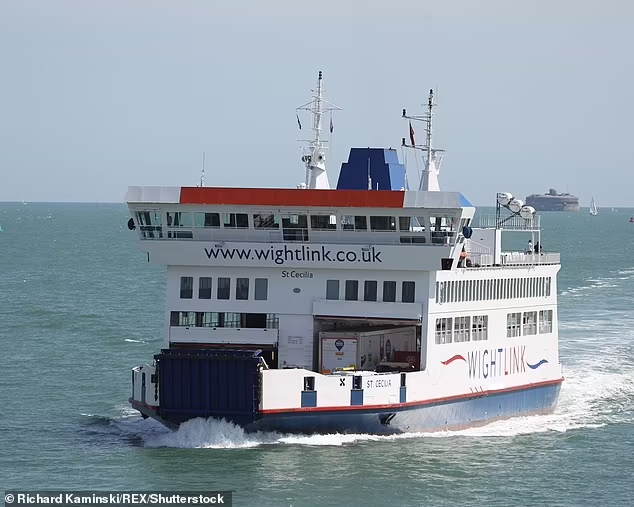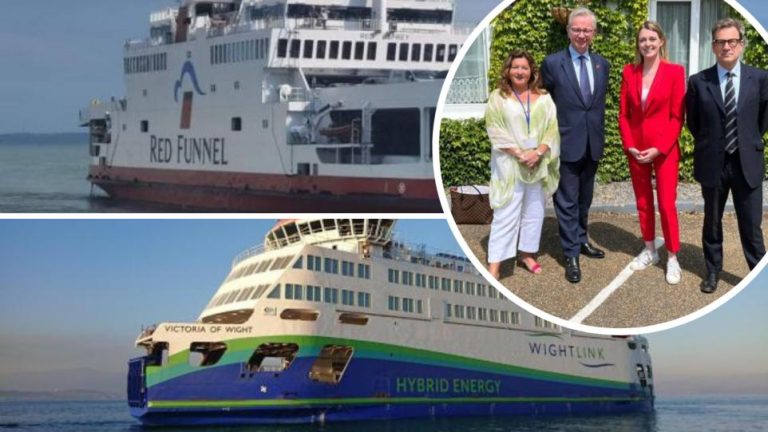CHARTER MEETING PLOTS WAY FORWARD FOR IMPROVED CROSS-SOLENT CONNECTIVITY
A key meeting has taken place to discuss the Islander’s Charter to address the Isle of Wight’s ferry services and broader transport challenges.
Chaired by Nigel Talbot of WUG, the meeting on 24th January brought together members of the WUG committee and stakeholders from the Isle of Wight Council and local MPs, both in person and remotely.
Nigel Talbot praised the collaborative effort behind the Islander’s Charter, describing it as a bold and carefully considered response to the critical issues facing the Island’s transport links.
Councillor Phil Jordan, Leader of the Isle of Wight Council, said:
“There is an urgent need for action on our lifeline ferry services to and from the Island. I am aware of the financial challenges being faced by Red Funnel and by Wightlink, but the Island must be better served by our lifeline services.
“I have already met with the Minister, Mike Kane MP, and I am pleased that he has agreed to visit the Island in the near future to see at first hand the issues we face.
“In the meantime, along with our 2 MPs, we shall be engaging with the ferry operators shortly to discuss the Charter and services the Island has and would like to have.”
Key Outcomes:
- Independent Oversight Body: Discussions explored forming an impartial oversight body to ensure transparency and accountability for ferry operations. Potential candidates and structures will be reviewed collaboratively by local leaders and MPs.
- Ferry Ownership Models: Sadly at this moment, government support for public ownership has been ruled out. Other options were discussed.
- Economic and Social Impacts: Concerns were raised about the impact of ferry service limitations on large and small local businesses, recruitment, and vital services like St. Mary’s Hospital. Further evidence will be gathered to highlight these challenges.
- The challenges to islanders because cost and all the social and welfare problems of the ferries were well understood.
- Strategic Transport Vision: Discussions included proposals for a coordinated transport system, potentially integrating ferries with buses and trains under a devolved framework.
The meeting concluded with a renewed commitment from all parties to continue lobbying for sustainable solutions.
Future discussions are planned for April 2025 to ensure progress remains on track.

